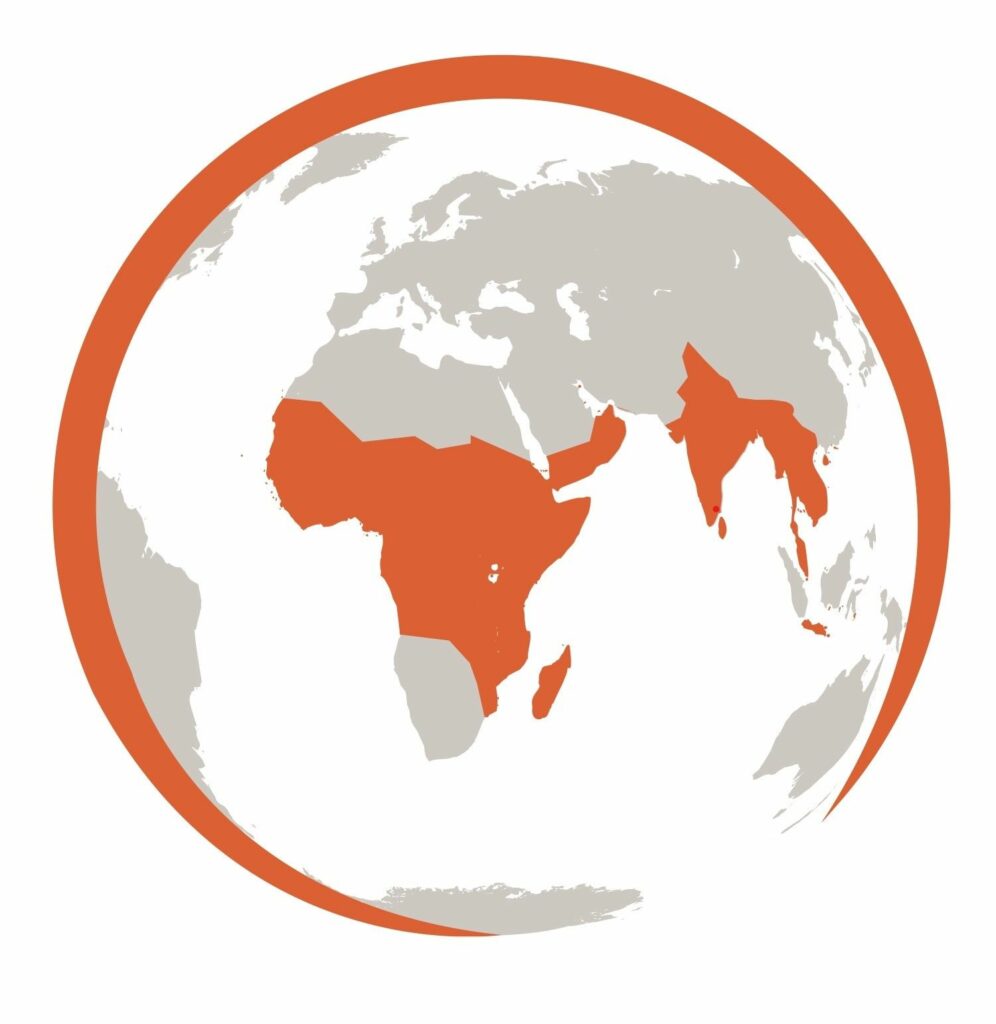Funders
Standard Chartered Bank “Seeing is Believing”
Location
Tanzania
Dates
2016-2020

Centrally located in Tanzania, the Singida Region is home to 1.5 million people and has experienced a signficant growth of population in recent years. Over half of Singida’s population live in poverty. The Rapid Assessment of Avoidable Blindness (RAAB) revealed that cataract surgical coverage (CSC) is only 53.6% (M 65.9%, F 43.9%) and highlighted that women are particularly disadvantaged when it comes to accessing health services. The Maono Singida project was launched in 2016 to contribute to the sustainable provision of eye care services, with a focus on demand creation and improvements in delivery mechanisms. The project was expanded to reach school children and teachers and the school eye health project was launched.
Tropical Health was commissioned by Sightsavers to review the achievements of the projects, looking at the extent to which the objective’s have been met, what factors have affected the achievements, and equity as a cross cutting issue.
The Tropical Health team originally planned to use a mixed methods approach, including field visits to the region. Due to the Covid 19 pandemic and in line with global lockdown rules, Tropical Health re-designed the evaluation to be purely desk based. Quantitative and qualitative methods were utilised, analysing programme management data as well as data gathered from semi-structured interviews with programme staff and partners at global, national, district and community levels. Debriefing sessions were held remotely with programme management teams.
Tropical Health delivered an evaluation report and a dissemination learning summary with a target audience of funders, partners, programme staff, and Sightsavers global support teams.
Tropical Health found that both projects were highly relevant to eye health needs in the region. The Sustainable Eye Health project has increased awareness of women’s eye health and has worked hard to encourage women in communities to seek treatment. It has strengthened the provision capacity through infrastructure, training and health information system management. The School Eye Health project has reached high numbers of children in two years. Lessons learnt include: additional strategies are needed to improve the gender balance and the importance of engaging communities in sensitisation planning was highlighted.
Global Fund / Nigeria National Malaria Elimination Programme
Nigeria
2023 - 2024
Belgian Cooperation/ Light for the World
Democratic Republic of Congo, Rwanda, Tanzania
2021-2022
UK Aid and People’s Postcode Lottery / Sightsavers
Malawi, Uganda
2023 - 2024